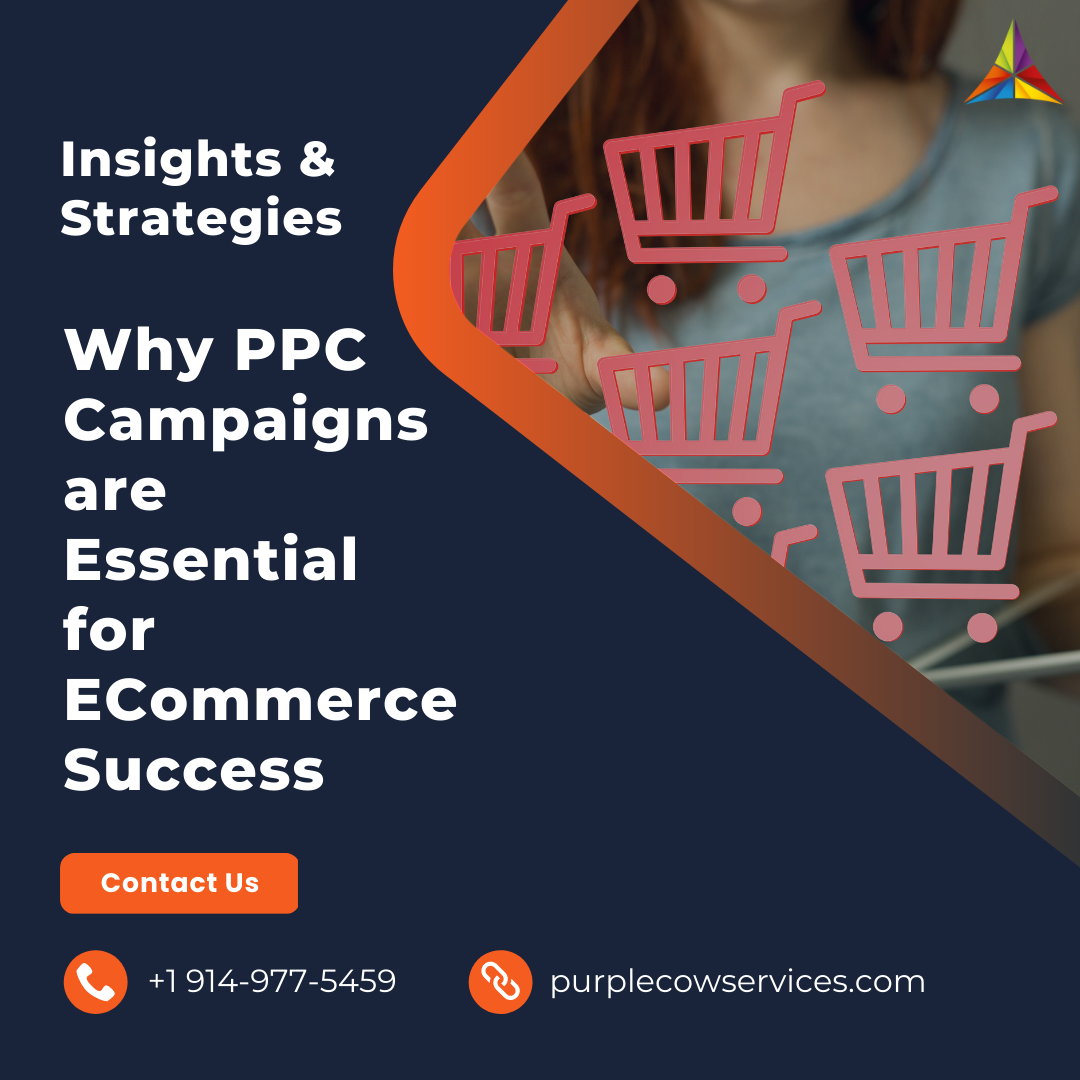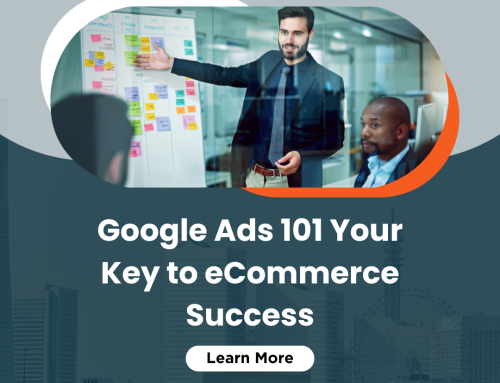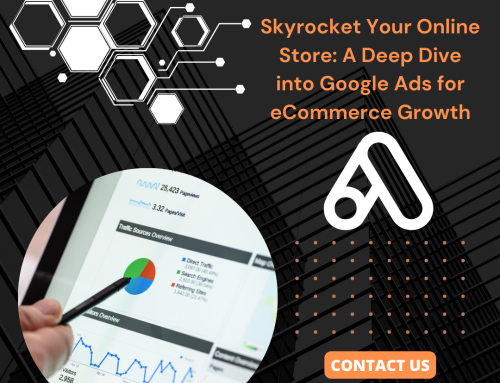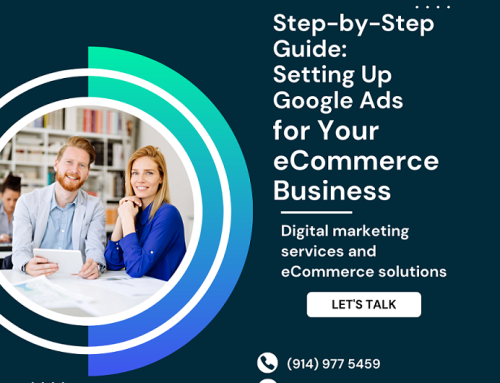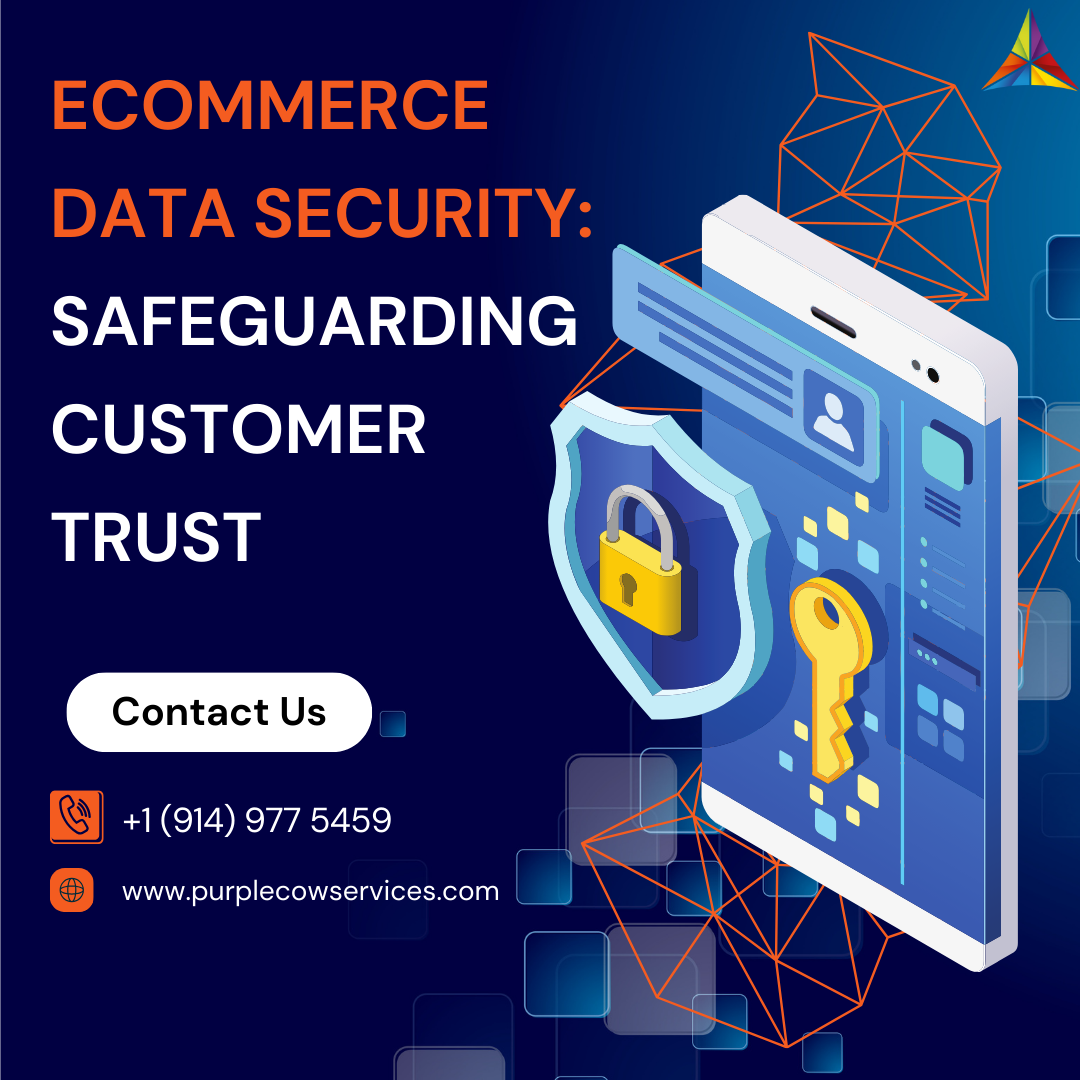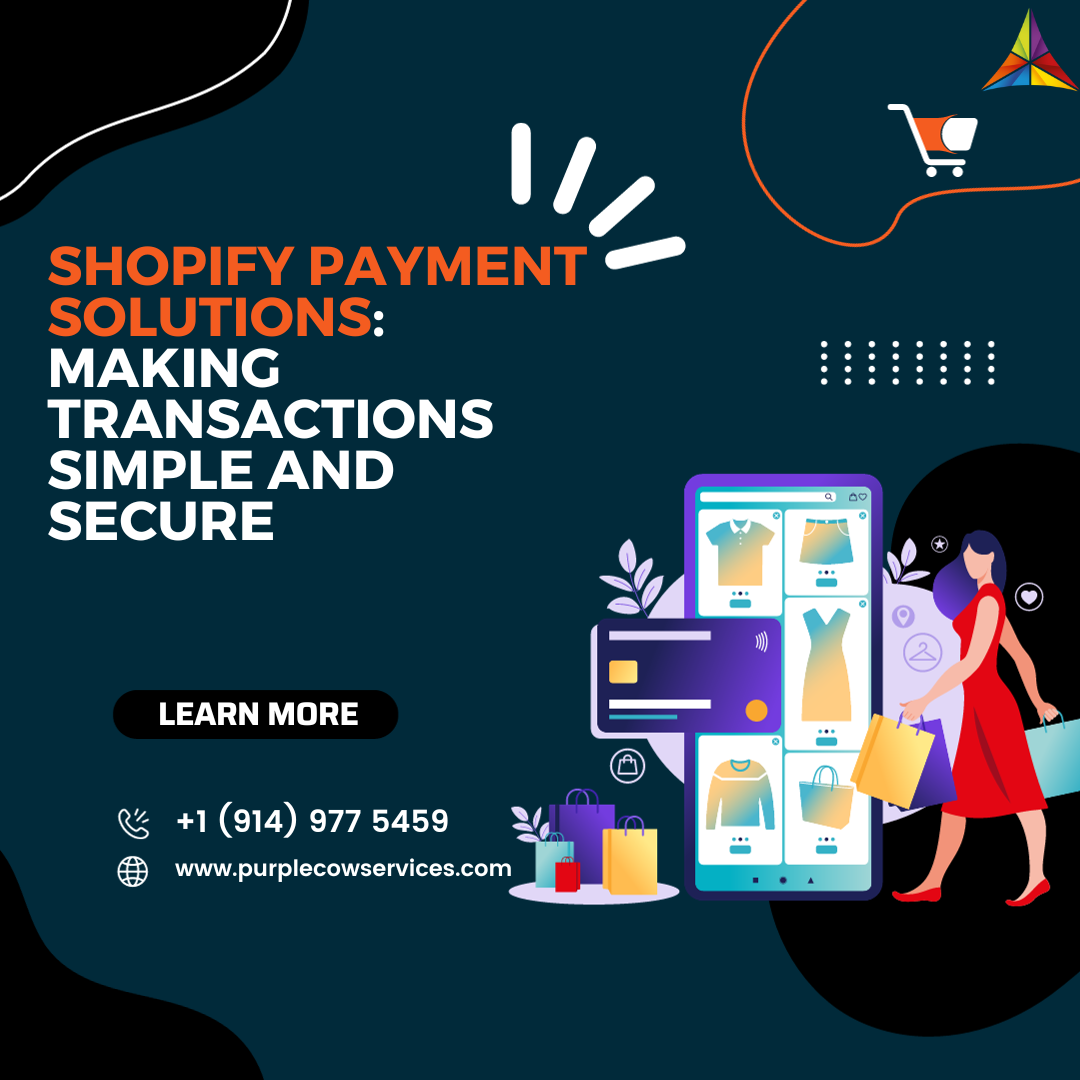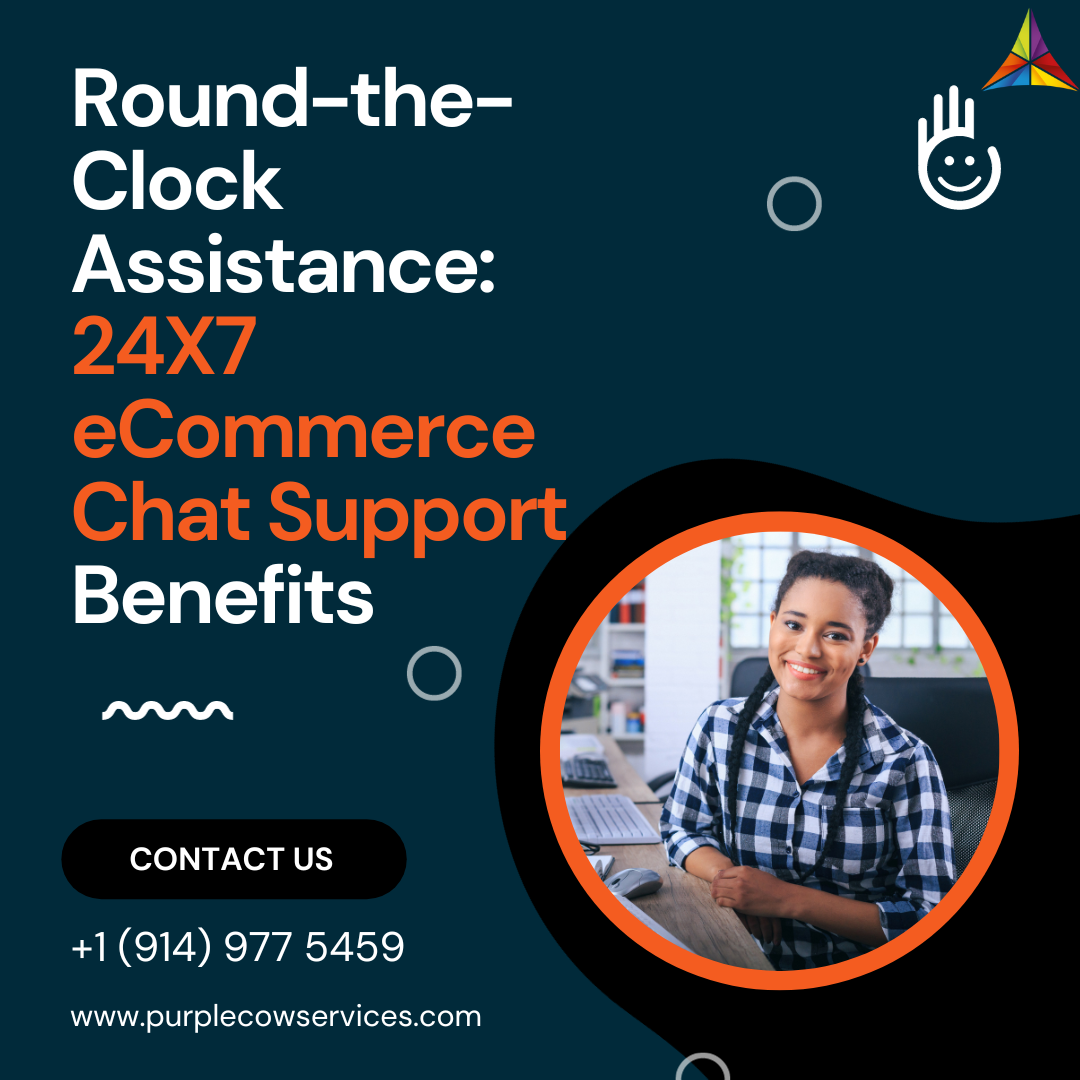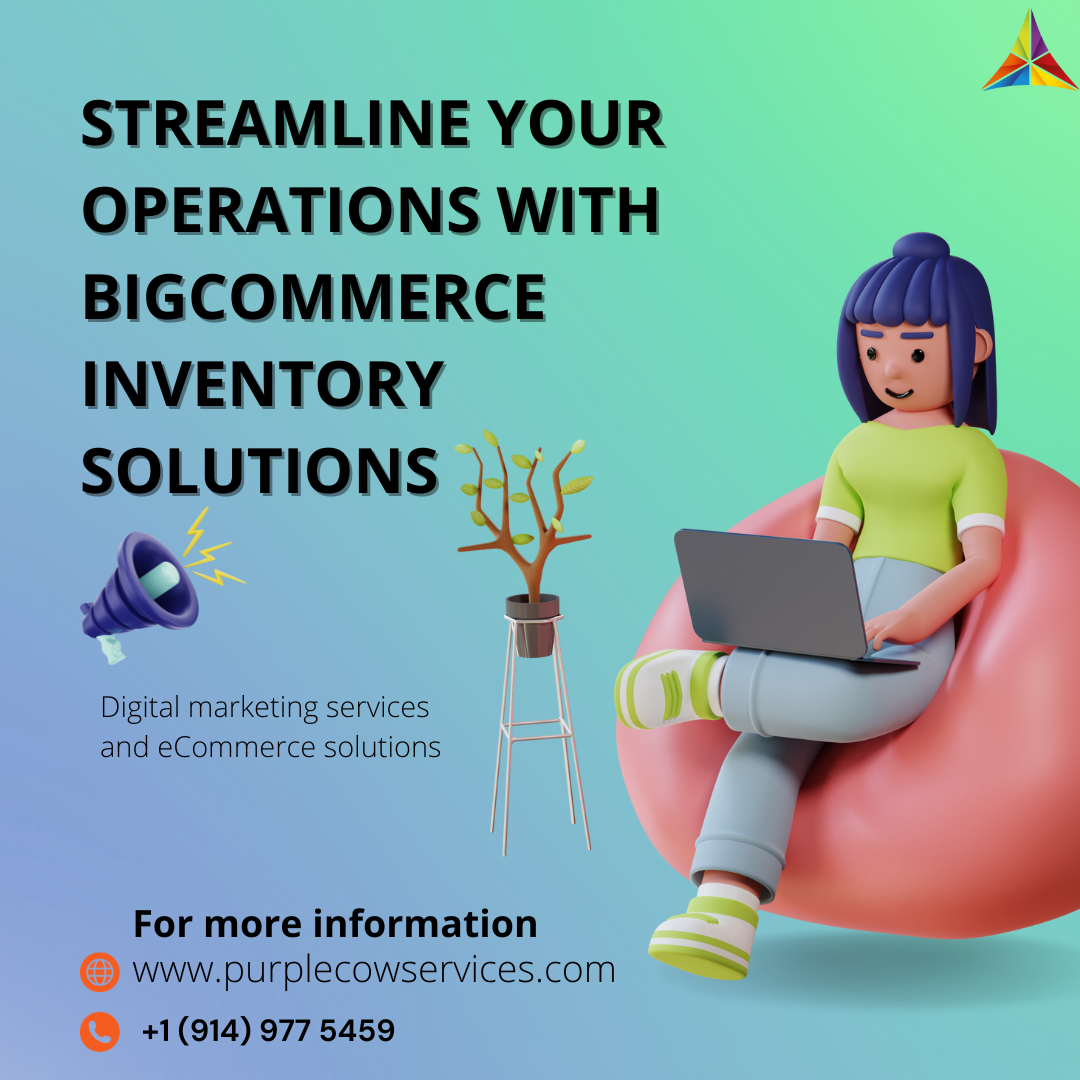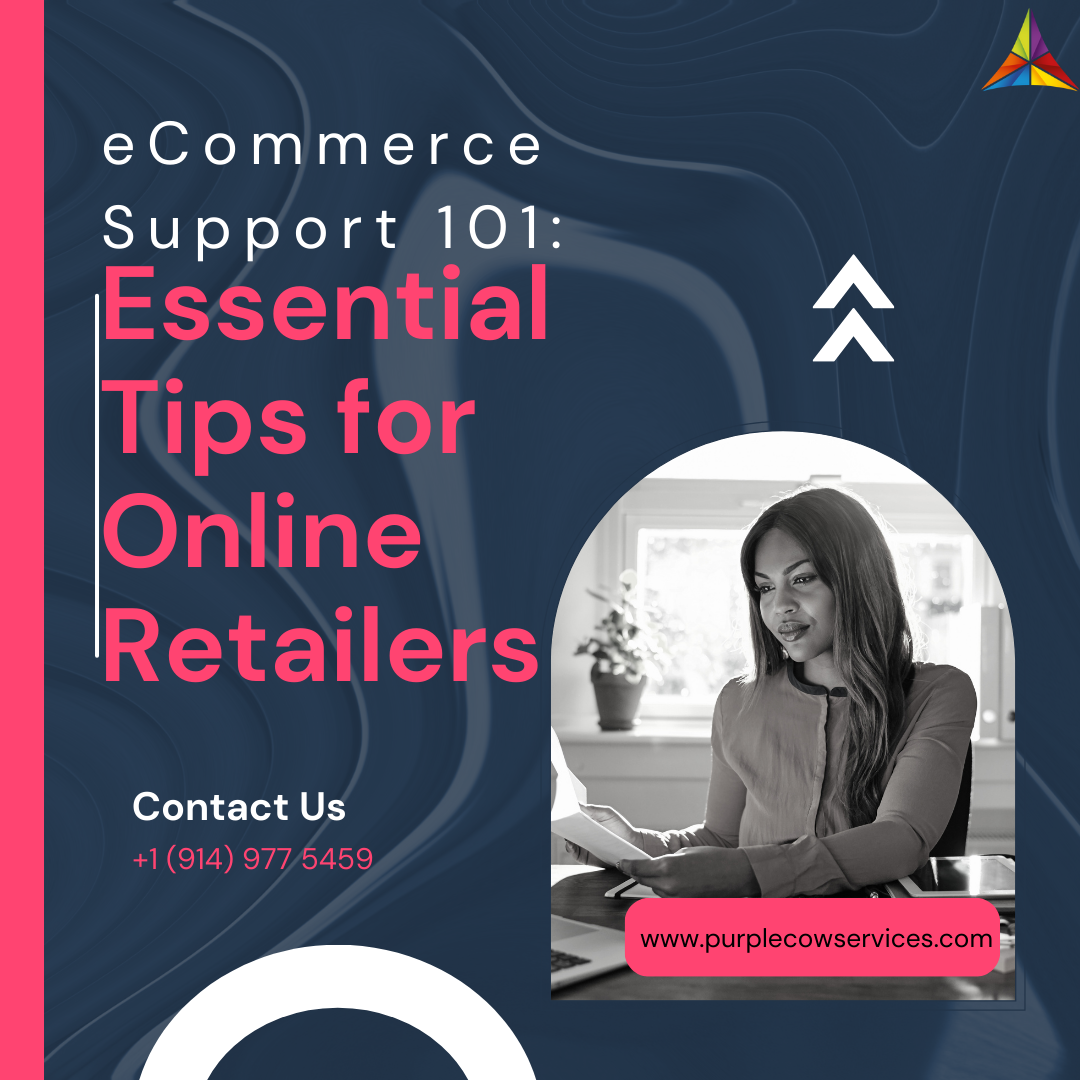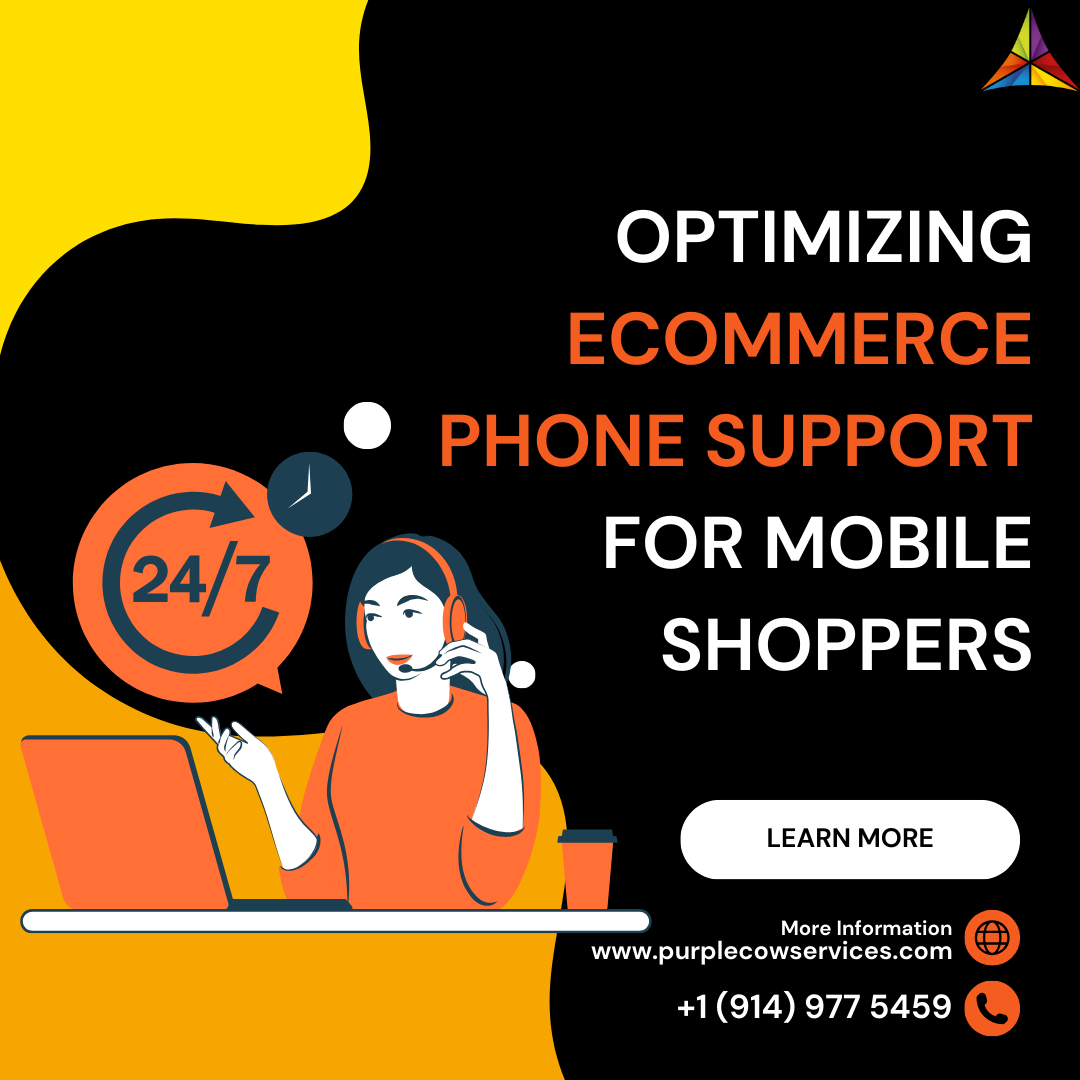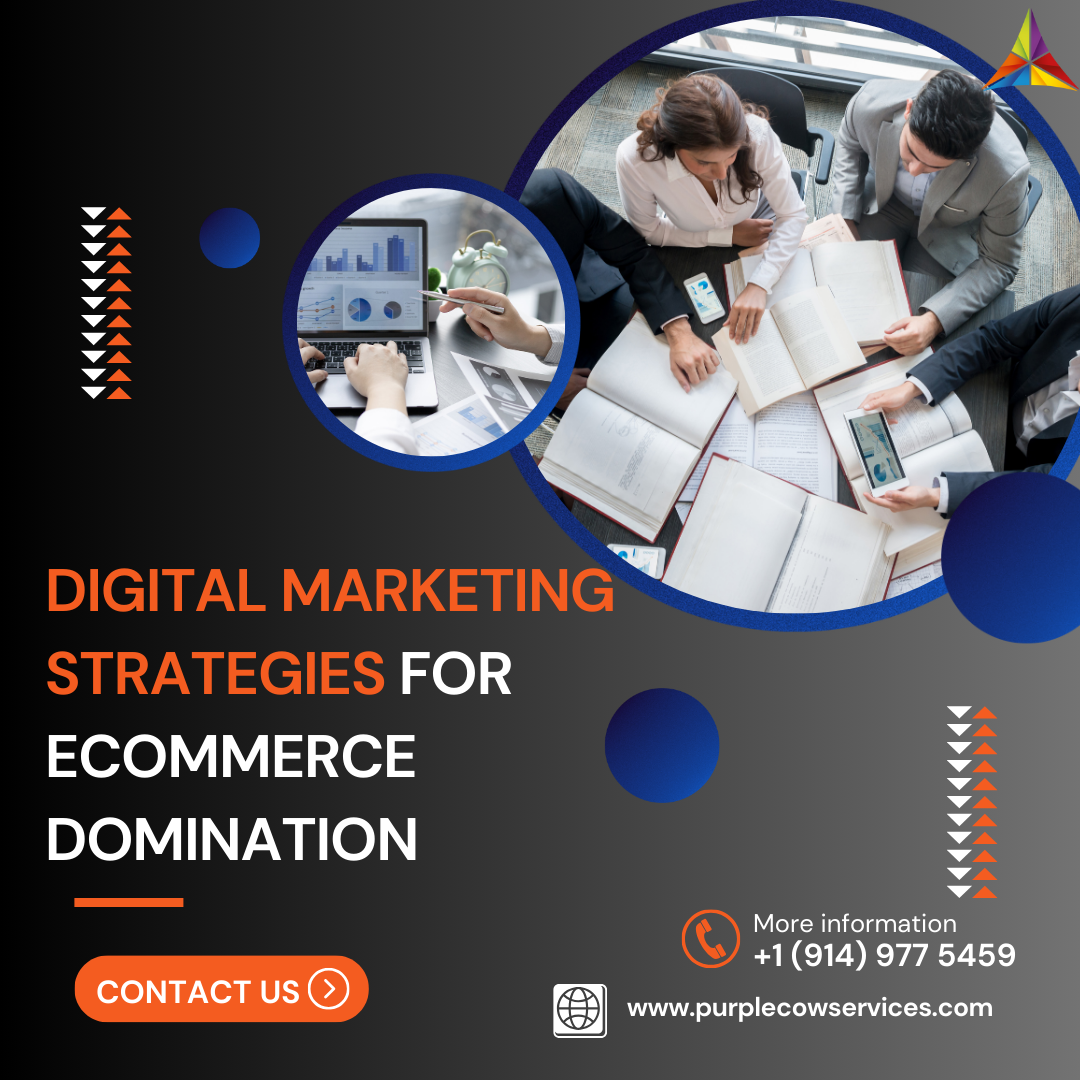As an eCommerce expert, I've seen firsthand the impact that PPC campaigns can have on the success of an online business. While some might view it as just another advertising channel,
Share This Story, Choose Your Platform!
PPC is an essential component of any eCommerce marketing strategy. In this blog, I’ll provide insights and strategies on why PPC is crucial for eCommerce success.
PPC Drives Traffic and Sales
The most apparent benefit of PPC advertising is that it drives traffic to your website, ultimately leading to increased sales. Unlike traditional marketing channels, PPC allows you to target potential customers with precision. With the right targeting, you can attract people who are actively searching for your products or services, increasing the likelihood of a conversion.
PPC Offers Valuable Insights
PPC campaigns offer valuable insights into customer behavior that can be used to optimize other marketing efforts. For example, PPC ads can reveal which keywords and phrases are driving the most clicks and conversions. This information can be used to improve your website’s SEO strategy, social media marketing, and even product development. With the right analytics tools, you can monitor and adjust your PPC campaigns for maximum impact.
PPC Enables Competitor Analysis
PPC campaigns also allow you to analyze your competitors’ strategies, giving you a competitive edge. By analyzing your competitors’ ad copy, keywords, and landing pages, you can refine your own campaigns and optimize your messaging. Additionally, you can identify gaps in the market that your competitors may have overlooked and capitalize on those opportunities.
PPC is Cost-Effective
PPC campaigns are highly cost-effective, providing a measurable return on investment. Unlike traditional advertising channels that require significant upfront costs, PPC allows you to set your budget and only pay when someone clicks on your ad. This means that you can scale your campaigns as your budget allows, without overspending or wasting money on ineffective marketing channels.
PPC Enables Targeted Advertising
PPC advertising allows you to target specific demographics, interests, and behaviors, enabling you to reach your ideal customer. This level of targeting ensures that your ads are only shown to people who are likely to be interested in your products or services. With the right targeting, you can increase your conversion rate, leading to higher sales and a better return on investment.
PPC Provides Quick Results
Unlike other marketing channels that can take months to show results, PPC campaigns can generate quick wins. With the right ad copy and targeting, you can start driving traffic and sales immediately. This makes PPC an ideal channel for new businesses looking to gain traction quickly or established businesses looking to launch new products or promotions.
PPC Strategies for ECommerce Success
While the benefits of PPC are clear, executing a successful campaign requires a well-defined strategy. Here are some strategies that eCommerce businesses can use to get the most out of their PPC campaigns:
Define Your Goals
Before launching your PPC campaign, define your goals. Are you looking to drive more traffic to your website? Increase sales? Build brand awareness? Your goals will determine the focus of your campaign and the metrics you’ll use to measure success.
Conduct Keyword Research
Conducting thorough keyword research is critical to the success of your PPC campaign. Research the keywords your potential customers are using to find your products or services. This information will help you optimize your ad copy and landing pages, increasing the likelihood of a conversion.
Optimize Your Landing Pages
The success of your PPC campaigns heavily relies on the importance of your landing pages. Ensure that your landing pages are optimized for the keywords you’re targeting, and that they provide a clear call-to-action. Additionally, make sure that your landing pages are mobile-friendly and load quickly to provide a seamless user experience.
Monitor & Optimize PPC campaigns
To get the most out of your PPC campaigns, you need to constantly monitor and optimize them. This means tracking the performance of your ads, identifying areas for improvement, and testing different strategies and approaches.
One important metric to monitor is click-through rate (CTR), which is the percentage of people who click on your ad after seeing it. A low CTR can indicate that your ad copy is not compelling enough or that you are targeting the wrong audience. By testing different ad copy and targeting strategies, you can improve your CTR and drive more traffic to your website.
Another important metric is conversion rate, which is the percentage of people who take a desired action on your website after clicking on your ad, such as making a purchase or filling out a contact form. A low conversion rate can indicate that your landing page is not optimized for conversions or that your targeting is too broad. By testing different landing pages and targeting strategies, you can improve your conversion rate and increase your return on investment (ROI).
In addition to monitoring metrics, it’s important to stay up-to-date with industry changes and best practices. The world of PPC advertising is constantly evolving, and what worked yesterday may not work today. By keeping up with the latest trends and best practices, you can stay ahead of the competition and maximize your results.
Some strategies that have proven to be effective in recent years include:
Using ad extensions: Ad extensions are additional pieces of information that can be added to your ads, such as phone numbers, site links, and location information. By including ad extensions, you can provide more information to potential customers and increase the likelihood of them clicking on your ad.
Leveraging remarketing: Remarketing allows you to show ads to people who have already visited your website or interacted with your brand in some way. By targeting people who are already familiar with your brand, you can increase the likelihood of them converting.
Utilizing dynamic ads: Dynamic ads are ads that are automatically generated based on a user’s behavior and interests. By using dynamic ads, you can deliver more personalized and relevant ads to potential customers.
Testing different bidding strategies: There are several different bidding strategies that you can use in PPC campaigns, such as cost per click (CPC), cost per impression (CPM), and cost per acquisition (CPA). By testing different bidding strategies, you can find the one that works best for your business and goals.
Using data to inform decisions: Finally, it’s important to use data to inform your decisions and optimize your campaigns. Track and analyze data. It helps you to identify trends, uncover insights, and make informed decisions about how to allocate your budget and resources.
Conclusion
In conclusion, PPC advertising is essential for eCommerce success in today’s digital age. By leveraging the power of PPC, you can reach your target audience, drive traffic to your website, and increase sales and conversions. However, to get the most out of your campaigns, you need to stay up-to-date with industry changes and best practices, constantly monitor and optimize your campaigns, and use data to inform your decisions. By doing so, you can maximize your ROI and achieve long-term success in the competitive world of eCommerce.
Maximize your eCommerce success with Purple Cow‘s PPC management services. Our expert team will craft tailored strategies to drive sales, increase traffic, and improve ROI. With comprehensive keyword research, optimized ad copy, and ongoing monitoring and optimization, we’ll make every dollar count. Trust the industry-leading experts at Purple Cow for your eCommerce PPC needs.
Share This Story, Choose Your Platform!
In This Blog:
- PPC Drives Traffic and Sales
- PPC Offers Valuable Insights
- PPC Enables Competitor Analysis
- PPC is Cost-Effective
- PPC Enables Targeted Advertising
- PPC Provides Quick Results
- PPC Strategies for ECommerce Success
- Define Your Goals
- Conduct Keyword Research
- Optimize Your Landing Pages
- Monitor & Optimize PPC campaigns
- Some strategies that have proven to be effective in recent years include:


